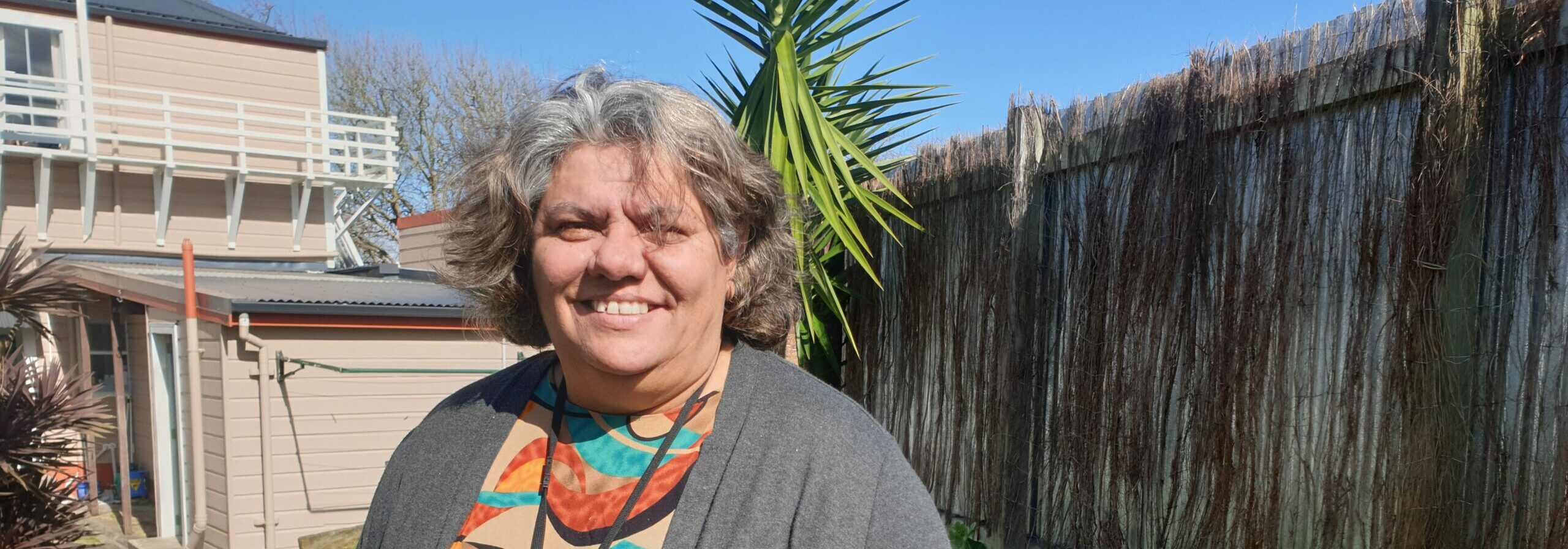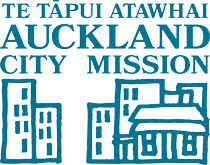
Thursday 15 September 2022
Te Whare Hīnātore: Supporting wāhine with their mental health
Wāhine come to Te Whare Hīnātore for many reasons, but the primary reason is that they do not have a safe place to live.
Alongside this, many have experienced some kind of trauma and may have underlying mental health issues, Kaiwhatu (Team lead) Tui Gallagher says.
The kaupapa Māori service is run by Auckland City Mission – Te Tāpui Atawhai. It is open to any wāhine, or those who identify as wāhine, in need of a safe space to live. Te Whare Hīnātore operates as a modified therapeutic community where the programme is trauma-informed according to each person’s needs. Each journey is personal and may include psychotherapy, group sessions, parenting or alcohol and/or other drug programmes. The residential programme runs for 12 weeks, but staff stay in touch and continue to support the wāhine (known as raukura) for another 12 weeks after they have left the whare.
For many of the raukura improving their mental health is an important part of their journey.
“Some of the raukura may be living with mental health issues but have never had a diagnosis. That causes distress, and often once it’s named there’s a sense of relief. We support them while they’re working towards their diagnosis and afterwards,” Tui says.
“I think women tend to push mental health issues aside and keep going. Being at Te Whare Hīnātore allows them to rest until they’re ready to poke their head out again, into the light.
“We work alongside the doctors and nurses at the Mission’s Calder Health Centre – one of the nurses comes to the whare every week – and we are fortunate to have a psychotherapist and occupational therapist onsite,” Tui says.
“Our kaupapa Māori approach means we approach everything with aroha and manaakitanga. Taking a trauma-informed approach means we work from the basis of each person’s trauma, rather than pigeonholing them.”
The environment is whānau-centric and holistic. Each day begins with karakia and cleaning the whare, and the raukura cook and eat their meals together. The whare has a garden which allows raukura to connect to the whenua and get involved in growing fruit and vegetables.
The relationships formed between the raukura at the whare are an important part of the programme.
“I’ve always believed that whanaungatanga is the greatest healer – it’s all about connections, whether that’s your family, friends, school friends or another network,” Tui says.
“When wāhine leave the whare, our goal is that they will have the skills in their kete to live independently, to engage in their community and to continue to access the learnings that will ultimately help them into employment, be it paid or voluntary. For those that have children, part of the goal is that they reconnect with their children and whānau.”
The raukura also have the opportunity to cook and serve at the Mission’s wāhine dinner, which is held at HomeGround on a Tuesday evening.
“The women who come to Te Whare Hīnātore really appreciate the gift they are being given, so Tuesdays are a big day for us. It’s our way of giving back, by serving other wāhine in the community,” Tui says.
Read more about Te Whare Hīnātore and the Mission’s other residential services here.
